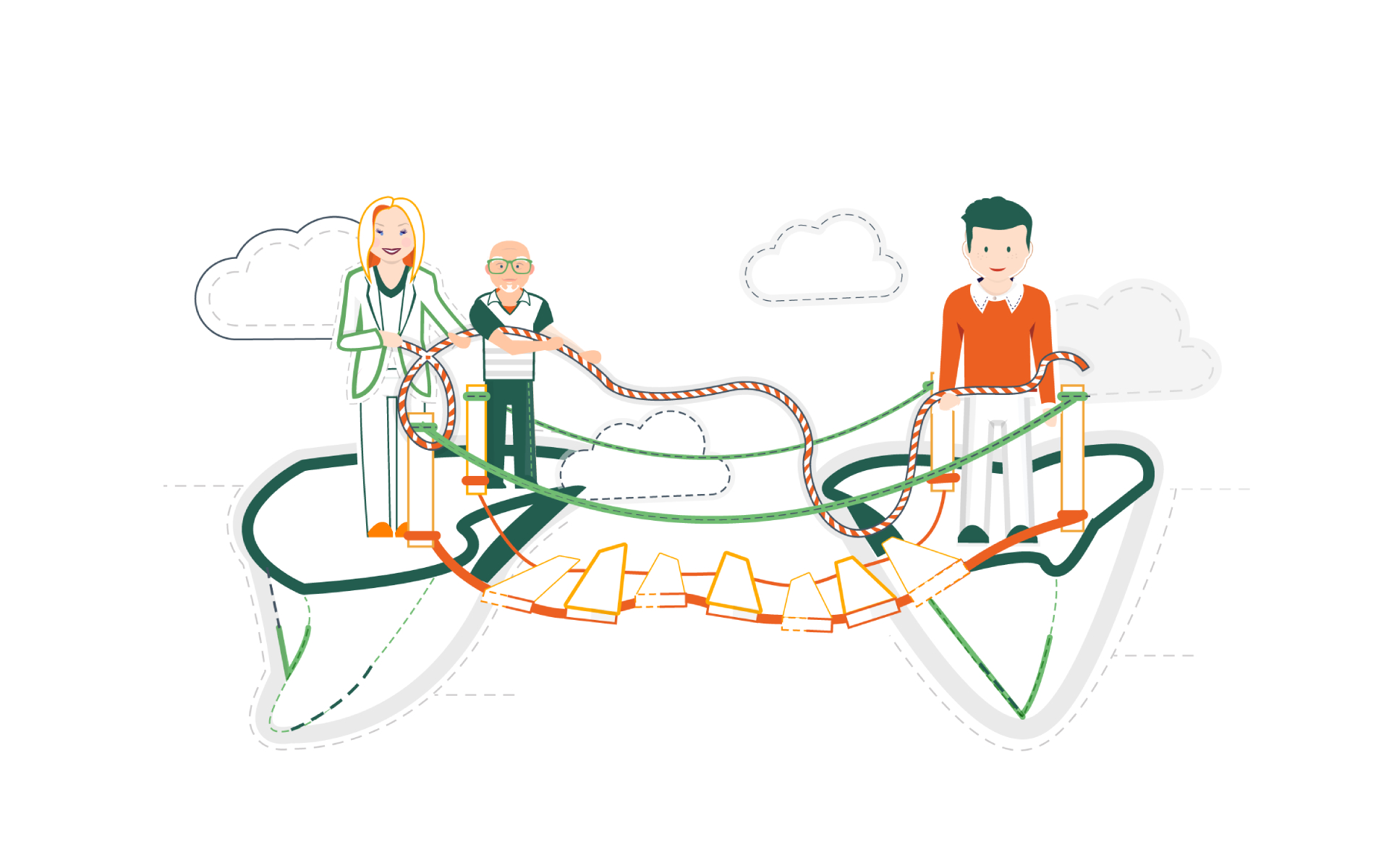Team development and performance gains popularity
Great accomplishments are delivered through teams, not just through individuals working alone. That’s the view of Ashley Goodall, Senior Vice President of Leadership and Team Intelligence at Cisco, in this article.
Yet many decisions and processes in businesses focus on the individual: reward systems, promotion decisions, allocation of bonuses. It looks like organisations could have a lot to gain by focusing on team development and performance and here are three studies I like that support that idea.
-
Alex Pentland (Massachusetts Institute of Technology) – 2012
Research from MIT looked at the dynamics that make teams truly great. It reveals that individual reasoning and talent contributes far less to team success than you might predict. According to the research the really important dynamic that seems to be going on, and elevating overall performance as a result, is the way the communication’s happening.
I like this insight because it raises questions about the assumptions we might have about creating and nurturing a really effective team to help them give their best performances. It’s not necessarily about building a team based on members’ individual talents. Instead the research suggests that by understanding the communication styles of the team members it’s possible to then shape and guide the team to help it excel.
-
Daniel Ladleya, Ian Wilkinson & Louise Young (Journal of Business Research) – 2015
This is a long report but it’s a fascinating piece of research attempting to understand the impact of individual versus group rewards on work group performance and cooperation.
One finding in the report is their identification of a specific team role – the self-sacrificer. Self-sacrificers help to improve group performance at their own expense. They’re instrumental in producing superior group performance – even though their individual performance is poor. Traditionally, they could be the people that, if looked at as ‘individuals’, could face some kind of action to address performance shortcomings. But intriguingly the research suggests if this happens, overall performance is affected because the team can no longer co-produce its ‘star performers’.
The report gives an example of university departments who tend to assess academic performance and rewards based on an individual’s research publications. However, their research output partly depends on the behaviour of others in the department – people who may be prepared to take on more of the less attractive and poorly rewarded tasks like teaching. They’re sacrificing their own research to enable their colleagues to be more productive and deliver an overall result where the research performance of the department as a whole improves. It’s exciting research, it highlights the importance of valuing all contributions as part of an overall team effort and that’s something with implications for team design and reward systems.
-
Aggarwal, I. & Woolley, A.W. (Society of Experimental Social Psychology, Columbus, OH) – 2014
Collective intelligence is the shared or group intelligence that emerges from collaboration and collective efforts. Aggarwal and Woolley’s study measured collective intelligence in teams of students on a management course and then tracked their performance on a series of group tests over the following 2 months.
The teams that were highly collectively intelligent earned significantly higher scores on those group assignments. Yet they didn’t do any better on individual assignments. What’s more, the highly collectively intelligent teams showed a steady improvement in performance across the series of tests.
It’s a piece of research that really stands out because it suggests the possibilities for structuring social systems to build higher levels of collective intelligence (and reap the rewards in terms of performance) are there for the taking. There are likely to be some big opportunities for social collaboration and communication tools to enhance collective intelligence too.


 30 ideas to help a new starter in their first week
30 ideas to help a new starter in their first week
 The value of external feedback in the workplace
The value of external feedback in the workplace
 Expand the power of recognition with Partner Appreciation
Expand the power of recognition with Partner Appreciation